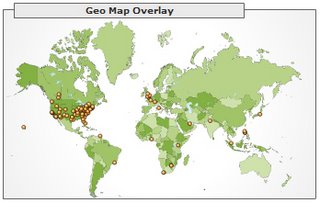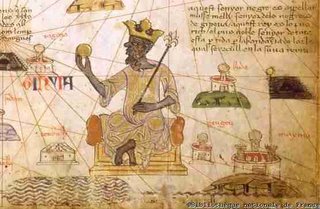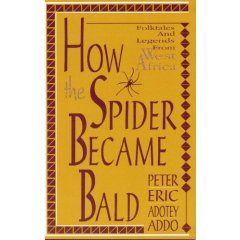Rather than wait till we have all the pieces of a story, in which case we keep
asking pestering the few people we have access to keep digging into their memory, we have decided to post the tale fragments we have here on the blog...and hopefully down the line, we'll develop the story enough to add to our folktale collection. If you know any part of this story, please do not hesitate to chime in.
A tale of three brothersThis is a story I heard frequently as a child but can no longer remember the details.
"Omode meta n sere" is a Yoruba sentence which translates to "Three kids are playing" and is the song which accompanies the story, made popular by the adaptation of the Plantation Boys (a Nigerian band).
In the story, these boys were brothers who set out to prove their prowess in their choice task. But why? And what happened afterwards? Was there a dying father who set them out on these respective challenges? These are the parts that we have missing.
The song comes in just after the boys pick out the choice challenge/activity. It goes like this:
Omode meta n sere
Ere o, erere ayo - chorus
Ikan lo wun o g'ope
Ere o, erere ayo
Ikan lo wun o we'kun
Ere o, erere ayo
Ikan lo wun o yin bon
Ere o, erere ayo
Tranlation:
Three kids are playing
Playing, having fun - chorus
One said he would climb a palm tree (The challenge was probably to climb the tallest tree)
One said he would swim the ocean (swim the longest ocean)
One said he would shoot a gun (shoot the longest distance, may be an arrow)
They probably each completed their challenges but then what happened?



